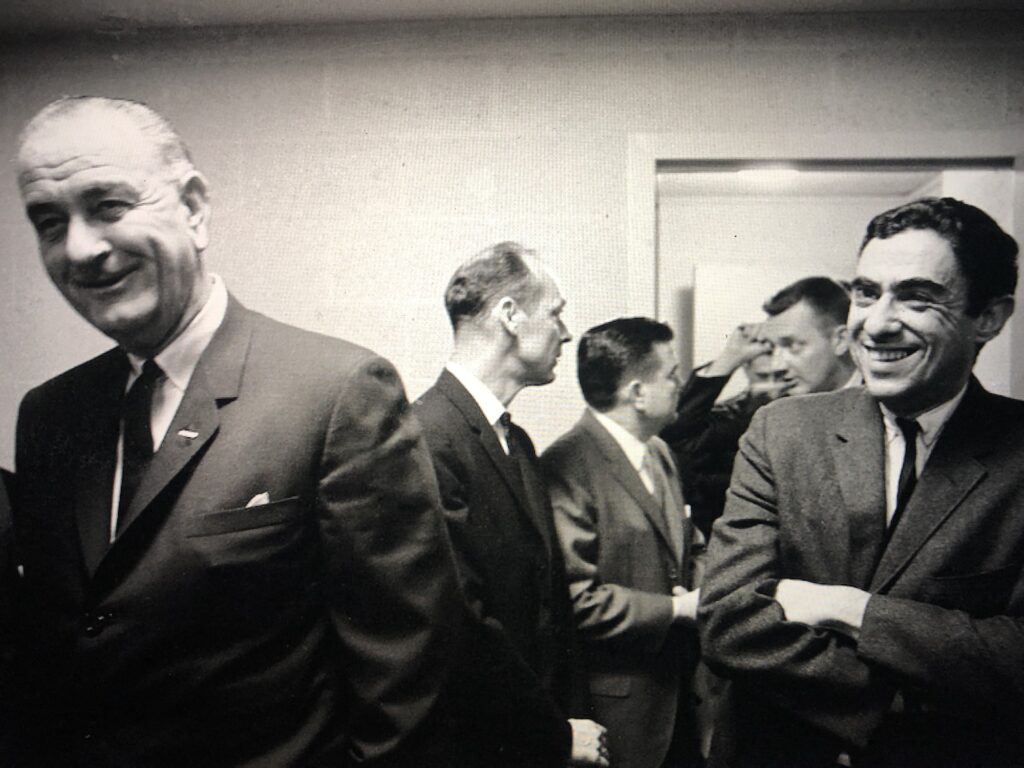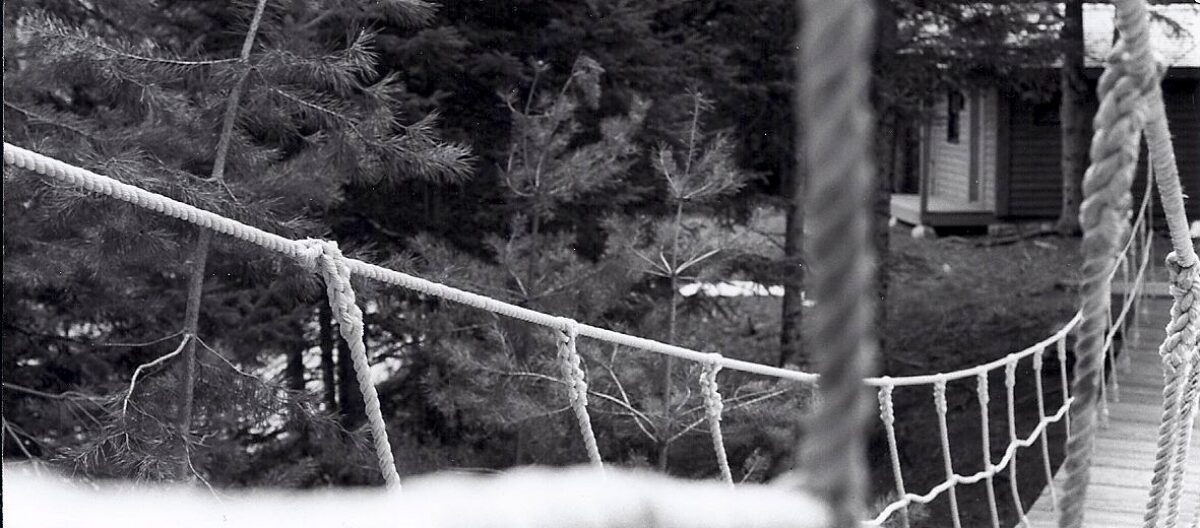GET OUT THE VOTE
The Isolation Blues;
reflections during covid-19

In the years that followed it became fashionable, even mandatory, to speak of the “failure” of the Great Society. But the Great Society did not fail. It was abandoned. The laws and messages of those first two years were intended as an experiment, the beginning of a quest whose direction would be altered as experience proved the worth of some efforts, discredited others…I described the basic idea of the Great Society as the effort to improve the quality of American life. Since the New Deal, the dominant goal of liberal public policy had been equal opportunity in an economy of increasing abundance. Although a majority of Americans had achieved unparalleled standards of living, it had now become apparent that the much desired process of growth and industrialization had a darker side which threatened to diminish the life of the poor and the prosperous alike; that opportunity must be redefined to include not only higher living standards, but the chance for each person to realize the full potential of every aspect of his humanity.
This brief, rather leadenly abstract recapitulation is not a personal construct, but a distillation from a multitude of presidential speeches and messages, many of which now rest forlornly on the unvisited shelves of a thousand empty library corridors. They linger there as mute testimony to the possibility of devising a practical, tangible response to the most intractable difficulties of our society – those which have a moral and even spiritual dimension. Certainly it seemed that way to me, and to my companions, as we worked to draft the messages and laws that would begin to provide content for the Great Society.
Reading these speeches for the first time in decades, while seated at my typewriter writing this book, fresh from the morning newspapers laced with the latest episodes in the seemingly interminable litany of corruption, greed, indifference, and ignorance, I found my recollections obstructed almost to the point of paralysis – writer’s block – by the pervasive melancholy – not at my own vanished power and position (although some of that), but at how well we had charted the course for a swiftly changing America: what might have been, what might still be, although the problems are greater now, more intricately woven into the fabric of American life.
The Johnsonian vision had already begun to wither before the election of Richard Nixon. And so calamitous was the fall, that the retreat from ideals – the abandonment of shared responsibility for the well-being of our fellows, and for the enrichment of the American community – has endured for a quarter century. Only now, a generation later, can we detect a resurgence of discontent, a mild but swelling dissatisfaction with the arid, self-seeking complacency of the age. It is far too early to tell if this is an aberration, a meaningless blip – the result perhaps of a transient voltage surge – on the level brain trace of a mind-dead patient. But it might be more. It might even…But I fear confusing nostalgia with optimism. Yet the country has the capacities – resources, skills, freedom – which it had in the sixties. And perhaps the energizing essentials of will and belief are not dead at all, but merely dormant…It is never too late to pick up the lost instruments and resume the great experiment which is America.”
Richard “Dick” Goodwin Speech writer for LBJ who coined the term “The Great Society.” This excerpt comes from Goodwin’s memoir “Remembering America” (1988)
*
The road is strewn with many dangers. First is the danger of futility; the belief there is nothing one man or woman can do against the enormous array of the world’s ills…Yet…each time a man stands up for an ideal, or acts to improve the lot of others, or strikes out against injustice, he sends forth a tiny ripple of hope, and crossing each other from a million different centers of energy and daring, those ripples build a current that can sweep down the mightiest walls of oppression and injustice.
Speech delivered by Robert Kennedy in Cape Town, South Africa in 1966 written by Richard “Dick” Goodwin
*
Just as we fight hard when the stakes are high, we close ranks and come together when the contest is done. And while there will be time enough to debate our continuing differences, now is the time to recognize that that which unites us is greater than that which divides us. While we yet hold and do not yield our opposing beliefs, there is a higher duty than the one we owe to political party. This is America, and we put country before party; we will stand together behind our new president.
Concession Speech by Al Gore in 2000 presidential election written by Richard “Dick” Goodwin
*
This is election day 2020 and while I will refrain from any predictions of today’s outcome (or how long it may take until we have an outcome) the hard work of societal change is now ahead of us. Are either of the two major political parties equipped to tackle the significant problems our country and the world face? I’m skeptical – and difficult to convince – but I’d like to think that America and its diverse citizenry can figure it out for the betterment of us all. As you can see I’ve returned to the visionary writing of Richard “Dick” Goodwin to help regain my perspective as an optimistic pragmatist (please see The Isolation Blues .8 for background on Goodwin and his career). At least this phase of the American election cycle is coming to an end; may we gear up for what and whatever comes our way next…
Don’t forget to vote!
In the woods,
Dave
November 3, 2020
